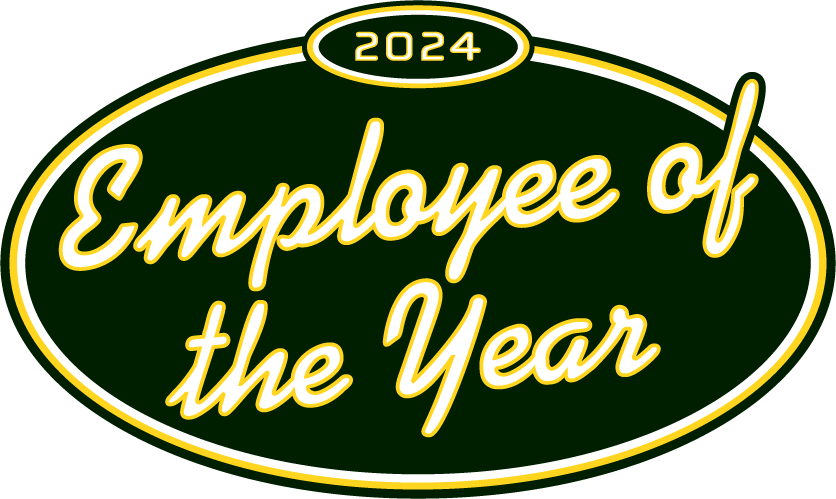-
Job Seekers
X
Job Seekers
Whether you're looking for a temp job or a permanent career, Labor Finders has you covered!
-
Explore
- How it works
- Industries
- Blog
- Locations
- Job Search
You May Also Be Interested In

2024 Employee of the Year
Learn more about our amazing Employee of the Year
-
-
Employers
X
Employers
Let us help you find the workers you need, when you need them.
You May Also Be Interested In

2024 Staffing Trends Quiz
Construction Staffing Trends Quiz
-
Industries
X
Employer Industries
Ready to staff your next project? Our staffing experts has the knowledge and the workers to cater to your unique staffing needs.
In this Section:
Job Seeker Industries
From construction to waste management, we have job openings in whatever industry you’re interested in.
In this Section:
-
About
X
About You
Getting matched to the right job, gaining the flexibility you want, making an impact in your community - at Labor Finders, it’s all about you!
-
You may also be interested in
- About Us
- Job Search Results
- Find an Office
- How it works
- Blog
About Us
With almost 200 offices nationwide, we’ve been putting people back to work for over 40 years. See why we’re a leader in the blue-collar staffing industry.
-
You may also be interested in
- About Us
- Media Center
- Video Library
- Leadership Team
- Careers
- In The Community
- History
-
- Location
Compliance
5 Interview Questions That Can Get Your Company Sued

Are you responsible for interviewing potential new hires? If so, it’s up to you to make sure you’re protecting your company while performing the interview. When conducting a job interview with a potential employee, it is very important to conduct it in a way that protects your company. You should avoid asking any questions that could be construed as illegal. If you don’t exercise caution when interviewing, you could make your company vulnerable to a discrimination lawsuit. While some questions are blatantly illegal, some questions seem completely innocent. As the interviewer, you will need to know the difference.
Illegal Question #1 Where are you from?
You notice that the applicant has a foreign accent, so you ask where he's from. Sure, this question may seem harmless enough, but it isn’t. It can open your company up to a discrimination lawsuit. The law says that a company cannot make its hiring decisions based upon a national origin. If you ask this question and end up not hiring the applicant, they may have a discrimination claim against your firm. It’s best to leave any discussion of nationality or race out of the conversation altogether.
Illegal Question #2: Do you plan to have children?
Seems like a common enough question to ask in a conversation right? In an interview setting however, this question is off-limits. Technically, it's not illegal to ask this, but if it can be argued that your decision not to hire this employee was based on the familial status, you could be sued for discrimination. Be on the safe side. Don’t ask about children.
Illegal Question #3: Have you used illegal drugs?
A candidate’s sobriety is definitely something an employer should be concerned about. Even so, asking this question could get your firm into serious trouble. Asking about past drug use seems legal, but it is not. Asking this question could violate the Americans With Disabilities Act, especially if the candidate was an addict in a previous life. If you are concerned about drug use in the employees you hire, you can ask them if they are using illegal drugs currently.
Illegal Question #4: How would you handle leading a team of mostly men?
Any questions about gender should be avoided altogether. Don’t ask them. Ever. If you give a potential candidate any room at all to think their gender could be an issue when they are employed by you, it could cause a lawsuit.
Illegal Question #5: How old are you?
A lot of interviewers will ask about a candidate’s age in order to find out how long they will actually be committed to working for their company. It makes sense. However, asking candidates how old they are is illegal. You could get sued if the candidate has a reason to think they were not offered a job because of their age. If you are careful about the questions you ask a potential employee, you will lessen the risk of a lawsuit.














